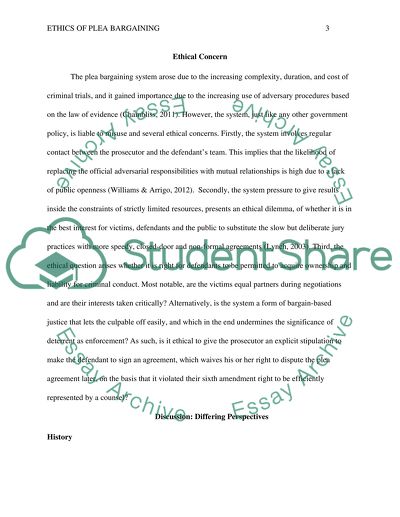Cite this document
(“Term Paper for Criminal Justice Class about plea bargaining”, n.d.)
Term Paper for Criminal Justice Class about plea bargaining. Retrieved from https://studentshare.org/sociology/1490410-term-paper-for-criminal-justice-class-about-plea
Term Paper for Criminal Justice Class about plea bargaining. Retrieved from https://studentshare.org/sociology/1490410-term-paper-for-criminal-justice-class-about-plea
(Term Paper for Criminal Justice Class about Plea Bargaining)
Term Paper for Criminal Justice Class about Plea Bargaining. https://studentshare.org/sociology/1490410-term-paper-for-criminal-justice-class-about-plea.
Term Paper for Criminal Justice Class about Plea Bargaining. https://studentshare.org/sociology/1490410-term-paper-for-criminal-justice-class-about-plea.
“Term Paper for Criminal Justice Class about Plea Bargaining”, n.d. https://studentshare.org/sociology/1490410-term-paper-for-criminal-justice-class-about-plea.


